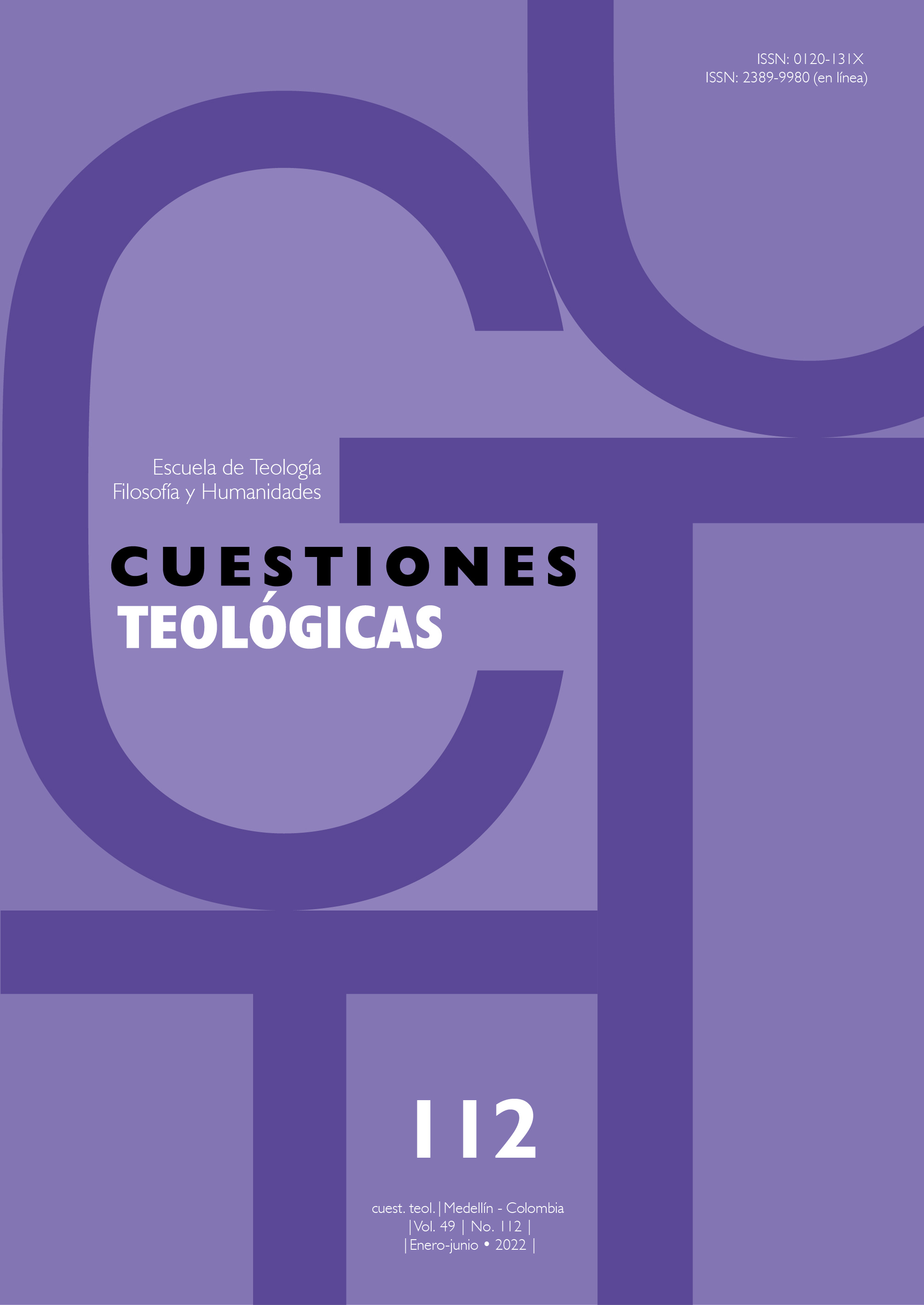Studying Augustine of Hippo in the 21st century. A Plea for a Renewed Augustinology
Main Article Content
Abstract
Bestselling author Tom Holland described in his 2019 monograph Dominion what he considers to be the paradoxical situation that, despite the pervasive secularization of the West, Christianity comprises the most influential development in the history of the West. That Christian transformation of antiquity apparently still influences what we think about people and society today. One of the Christian authors of Late Antiquity that Holland regularly quotes is Augustine of Hippo. For philosophers and theologians it is beyond dispute that this ‘church father’ stood at the cradle of Latin Christianity, although they are not always entirely happy about this. The latter discomfort often has to do with Augustine’s radical thinking about a comprehensive divine grace, and what this implies, according to him, for ongoing human failure.
In the 16 centuries since his death, all aspects of his thought have been studied again and again, given rise to discussions again and again, and resulted in new interpretations – read from a contextually determined methodology in each era. His rich oeuvre continually raised new questions. These questions were the subject of renewed discussion in the centuries that followed his death, with the respective discussion partners each time bringing into the discussion the needs, questions, and intellectual paradigms of their own time and context. We theologians and philosophers of the 21st century are also essentially children of our time – our reading of Augustine is also a hermeneutic process. That is the purpose of this issue of Cuestiones Teológicas: to take stock of the most recent Augustinian research. How can we work theologically and philosophically with Augustine's thought in a way relevant to our society today? Which method will contribute to a fruitful discussion with the bishop of Hippo? How do text, context, author (and his 16 centuries of reception – the Augustinian tradition) and reader relate today in practising theology and philosophy in the wake of Augustine?






